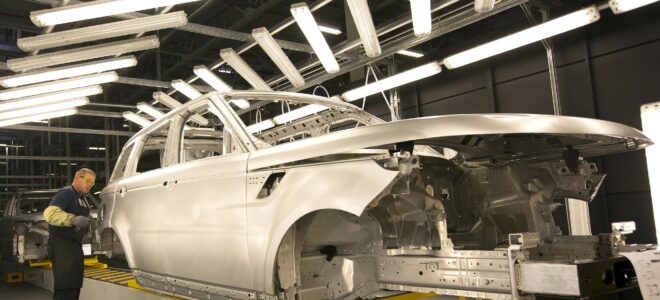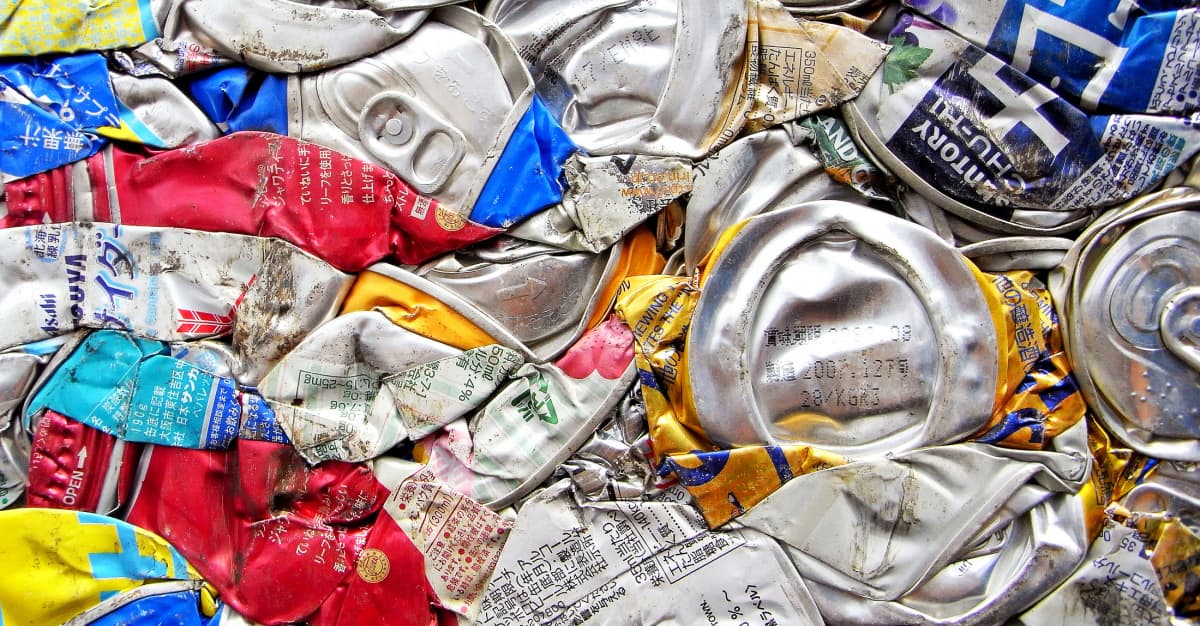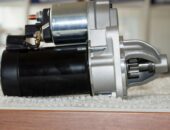
From its strength to its lightweight properties, aluminum has become the favorite metal of car manufacturers around the world. Its versatility, durability, and affordability make it a superior choice for vehicles both large and small.
In this article, we will explore why aluminum is so sought-after in the automotive industry, how it has changed manufacturing processes, and what benefits it offers versus other metals used for cars. Well also take a look at some of the challenges that come with using it as well as potential solutions to these issues.
Durability and Strength of Aluminum: Why Car Manufacturers Rely on This Metal

Source: www.hrw.org
Car manufacturers rely on aluminum for their vehicles due to its strong and durable qualities. Aluminum is lightweight, rust-proof, malleable, and has a high strength-to-weight ratio—up to three times that of steel.
This makes it an ideal choice for car bodies as well as other structural parts such as chassis components and axles. Its low density also helps with fuel efficiency by reducing the overall weight of the vehicle while still providing maximum strength.
Some automakers are increasingly turning towards aluminum to meet new fuel economy standards set out by governments around the world. On top of that, aluminum can be recycled at the end of life saving even more energy compared to steel production which requires energy-intensive processes such as smelting ore into usable metal form.
The combination of all these properties makes aluminum an attractive option for car manufacturers who want to provide safe and reliable vehicles without having to sacrifice performance or style.
With advances in modern manufacturing technology, cars made from aluminum have become lighter yet stronger than ever before allowing automakers greater flexibility when designing vehicles that meet customer needs while simultaneously meeting stringent safety regulations worldwide.
Cost-Effective Advantages of Aluminum: Making it the Preferred Choice for Cars
Aluminum is an increasingly popular choice for cars, due to its cost-effective advantages. Its lightweight composition makes it the ideal material for car manufacturers looking to reduce fuel consumption and emissions.
Additionally, aluminum has greater durability than other metals, making it resistant to wear and tear caused by environmental elements such as heat and moisture. Furthermore, it can be recycled at a much lower cost than other materials used in car manufacturing processes.
This not only reduces the overall expenditure of producing cars but also helps minimize environmental disturbances caused by mining activities related to sourcing vehicle components from different sources.
As well as being more cost-efficient and environmentally friendly than traditional materials used in automobile production processes, aluminum offers many additional benefits including strength-to-weight ratios that are difficult to match with any other metal on the market today.
Environmental Benefits of Using Aluminum in Vehicle Manufacturing

Source: www.rainforest-rescue.org
Aluminum has become the preferred metal for car manufacturers due to its environmental benefits. Not only is it lightweight, allowing vehicles to be more fuel-efficient, but it also requires less energy and greenhouse gas emissions during production than other materials.
Additionally, aluminum can be recycled multiple times without losing any of its strength or integrity, meaning that scrap aluminum from vehicle manufacturing can easily be reused in new cars—saving resources and reducing waste compared to other metals.
Aluminum’s resilience means that used automobile parts made with this material last longer before needing replacement, resulting in fewer trips to the junkyard for automotive owners.
Finally, because aluminum does not corrode as quickly as some other metals used in car construction (such as steel), its use results in fewer pollutants entering the atmosphere over time; making it an ideal choice when looking at long-term sustainability goals.
Reliability and Safety Features of Automobiles
The use of aluminum in automotive construction has grown significantly in the last decade as car manufacturers have recognized its potential to make vehicles lighter and more energy efficient. However, when considering this material for their automobiles, safety, and reliability are top priorities.
Aluminum is a uniquely strong metal that provides a great deal of structural integrity to a vehicle while remaining light enough to reduce overall weight. Additionally, because it is so lightweight, it allows for better handling performance and improved braking ability on roads.
The metal also helps cars remain cool during hot weather conditions due to its high thermal conductivity properties – meaning that heat can be quickly dissipated from areas such as the engine bay or brakes.
When combined with advanced driver-assistance systems like lane departure warnings or automated emergency braking (AEB), aluminum offers an unparalleled level of protection for drivers and passengers alike by reducing the risk of collisions or other accidents on the road.
With its strength, durability, low weight, cooling capabilities, and assistance features all working together in tandem with one another – it’s no wonder why aluminum has become such a favored choice amongst car makers looking to ensure both reliability and safety within their vehicles today!
Conclusion

Source: forbes.com
The popularity of aluminum among car manufacturers is undeniable; from its light weight to its corrosion resistance and recyclability, this metal offers several advantages. It’s no wonder that it has become the go-to choice for automotive production.
For those looking to stay ahead in terms of style and performance, aluminum windows and doors from https://hjaluminumwindow.com/aluminum-windows-doors/ provide an ideal solution as they are long-lasting, stylish, and energy efficient.
With all these benefits combined with the fact that aluminum is one of the most abundant elements on earth – it’s easy to see why so many car makers prefer this versatile metal!



